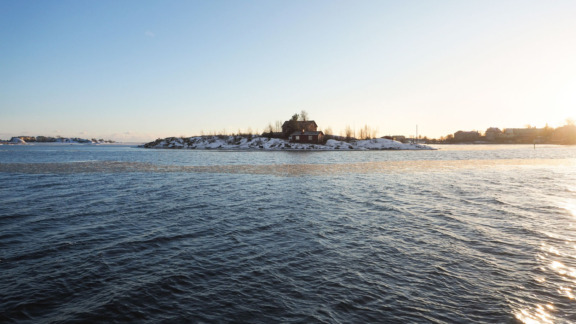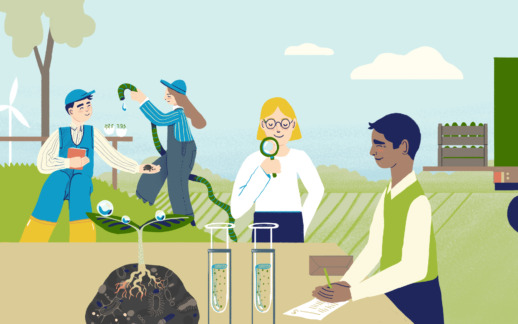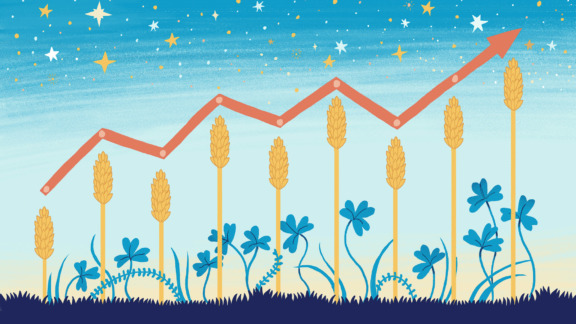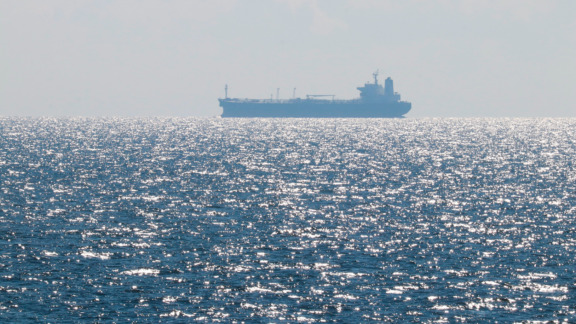Another year for the Baltic Sea-Friendly Christmas beer!
Sinebrychoff produces a Baltic Sea friendly Christmas Season beer, as a part of its’ Baltic Sea Commitment to develop barley cultivation in co-operation with Viking Malt and contract farmers. It is already the 10th time that KOFF Christmas beer’s barley can traced to a specific field, and the second time when BSAG has made a Baltic Sea-specific audit on top of Viking Malt’s own audit. Sinebrychoff’s Commitment also aims at making its’ factory in Kerava more environmental friendly.
The Christmas barley comes from Heikki and Pauliina Puputti‘s farm in Eura. Sustainable agriculture means economically viable and negative environmental impacts that minimize production, which does not endanger the carrying capacity of the environment. Baltic Sea -friendly food production is also a climate-friendly food production. This means better use of production inputs, minimizing the nutrient emissions, increasing the soil’s coal reserves and using environment-friendly methods.
In the Puputti’s farm they have calculated nutrient balances; when nitrogen and phosphorus remain in use, they will not leak to waterways to cause eutrophication. They also use a variety of crops, divide the spreading of fertilizers, use protective barriers and produce heat for drying from their own leftover wood. Exceptional compared to many other farms, is also the recycling of nutrients in the Puputti farm; the manure from their own chickens are used as fertilizer in the farm. As more manure is produced than is needed on own fields, half of the manure goes as a raw material to the fertilizer manufacturing elsewhere.
The recycling of nutrients is one step towards sustainable agriculture. It means re-using the nutrients that have already been added to the food chain. Nutrients can be recovered from, for example, animal manure, wastewater purification process, side streams in the food industry and household bio-waste. Better treatment for hazardous substances needs to be executed before recycling of nutrients from urban waste water sludge is possible. Urban wastewater sludge is a however a small fraction of the total nutrient recycling potential.



